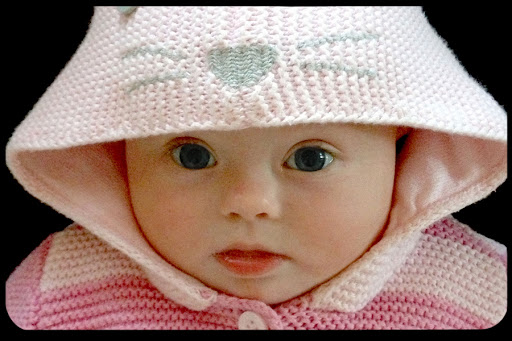“Abort it and try again — it would be immoral to bring it into the world if you had a choice.”
So tweeted the world’s most famous atheist scientist, Richard Dawkins, dispensing moral advice concerning babies with Down’s Syndrome. For a scientist, he doesn’t know much about babies though. There are two varieties—him and her. There are no “it” babies.
He wrote that callous statement in response to a tweet in which a woman stated she’d find herself in a real ethical dilemma were she to be pregnant with a child with DS.
The comment was not surprising because Dawkins has a long history of utilitarianism. The author of The God Delusion sees the world thus:
The intellectually or ruthlessly “fit” survive and have a moral imperative to wipe out the rest. Lest families of children with DS feel singled out though, it’s well to remember that Dawkins supports infanticide for presumably any reason:
“What about infanticide? Morally, strictly morally, I can see no objection to that at all. I would be in favor of infanticide.”
The Twitterworld was aghast at Dawkins’ comments concerning the moral imperative to abort children with DS. The comment goes way beyond allowing women the choice to abort a child with a disability.
Of course, he’s not alone in these beliefs. Virginia Ironsides, British author and gadfly shocked her host and audience on a BBC TV show, saying:
She carried that a step further, adding: “If I were the mother of a suffering child – I mean a deeply suffering child – I would be the first to want to put a pillow over its face. … If it was a child I really loved, who was in agony, I think any good mother would.”
Later, Dawkins issued a half-baked apology of sorts that will probably do little to quell the furor:
Aha! So his words were "vulnerable to misunderstanding" but it’s really our fault for being wantonly eager to misunderstand. Say what? His advice was hardly of such complexity that average people could wantonly misunderstand the import: “Abort it and try again — it would be immoral to bring it into the world if you had a choice.” Seems clear enough to me.
The very best response to Dawkins’ advice came from an unusual source–a scientist and fan of Dawkins’ books, who freely confessed that he would have agreed with Dawkins “abort it” statement even 18 months earlier. He explains:
And then James McCallum, proud and enlightened father of Rosie, gets to the heart of the matter with Dawkins’ solution to the existence of disabled children:
“Ironically Dawkins wants to start acting like the being who is most commonly in receipt of his vitriol – God.
“Solely using genetic superiority as the only mode of selection only goes to show the gargantuan breadth of closed-minded misunderstanding that underpins the Professor’s opinion. It ignores the delightful, happy, contented and fruitful life that people with Down’s Syndrome have and ignores the benefits of acceptance that they bring to everyone who surrounds them.”
The world is a much better place for the goodness and joy that people with DS bring forth from the rest of us. Professor Dawkins may not realize their value now, but he will when he meets his unacknowledged and despised Maker. Until then, he needs our sincere prayers for mercy.
Susan E. Willsis Spirituality Editor of Aleteia’s English edition.

